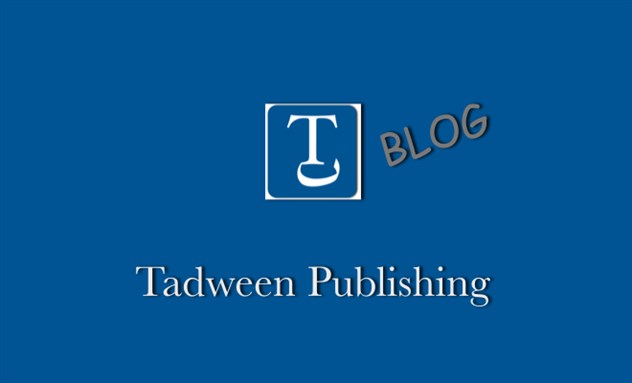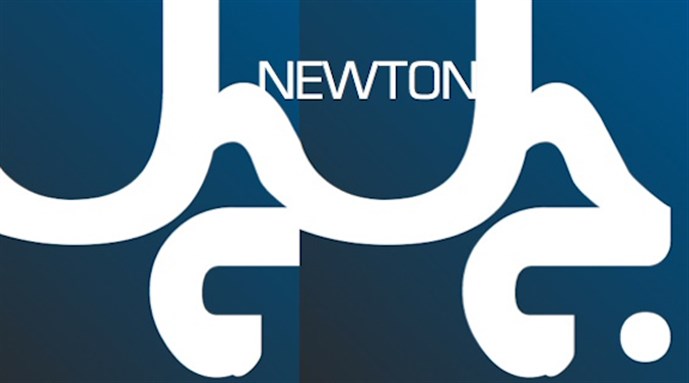[The following is a roundup of the latest news and analysis from the publishing world that relates to pedagogy and knowledge production. It was originally published on Tadween Publishing`s blog. For more updates, follow Tadween Publishing on Facebook and Twitter.]
Tadween Publishing brings you the latest news and analyses from the publishing and academic worlds that relates to pedagogy and knowledge production.
Book experts weigh in on the publishing industry’s revolution
(The Washington Post)
With the publishing industry changing day by day, the Washington Post produced a special to examine how such changes affect the different caveats of the publishing world, from authors to booksellers.
Breaking down the academic paywalls, in Africa too
Julie Blussé (Radio Netherlands Worldwide)
The debate over open access to academic research is picking up in the United States and Europe, but in Africa there are a host of other challenges. Paying subscription fees is more challenging across Africa than in other parts of the world, as some universities are unable to afford the high costs of access to academic journals, making research difficult for some. To counter these access barriers, some students and advocates are picking up the fight for free and open access to research.
Does U.S. Accreditation Mean American-Style Academic Freedom?
Sarah Lynch (Al Fanar)
Sarah Lynch of Al Fanar, a new publication dedicated to covering higher education in the Arab world, examines the hazards Arab universities face as they strive for US accreditation.
Academia’s indentured servants
Sarah Kendsior (Al Jazeera)
Due in part to the decreasing availability of established positions in academia, more and more scholars are finding themselves filling the shoes of adjunct professors. The New York Times reported that adjunct professors make up 76 percent of American university faculty, an all-time high. What is not well known is that adjunct salaries are nothing compared to salaries of tenured track professors, making it difficult for some adjunct faculty to even stay above the poverty line. Sarah Kendsior writes that the situation points out two unfortunate trends in US academia: the degradation of education and the increasing self-degradation of low-end academics.
For Scientists, an Exploding World of Pseudo-Academia
Gina Kolata (New York Times)
The New York Times examines what dean of medicine at Stanford Steven Goodman calls “the dark side of open access.” With the increasing popularity of the idea of open access to academia, journals and conferences are popping up online that promise to publish for free and pass themselves off as well established; however, they often do not use a peer review system or may be in the business for financial reasons alone. Such occurrences have made it difficult to distinguish between the good and the bad in research.
Ebooks made up 22.55 percent of all US publishing revenue in 2012
Carl Franzen (The Verge)
Ten years ago, eBook sales made up 0.05 percent of the US publishing industry’s revenue. According to a new survey from the Association of American Publishers, eBook sales amounted to 22.5 percent of the industry’s net revenue in 2012, a striking increase.

![Now Available at Tadween Publishing in Partnership with Tadamun: "Planning [in] Justice العدالة في التخطيط"](https://kms.jadaliyya.com/Images/135x94xo/covers210326041535580~.png)














